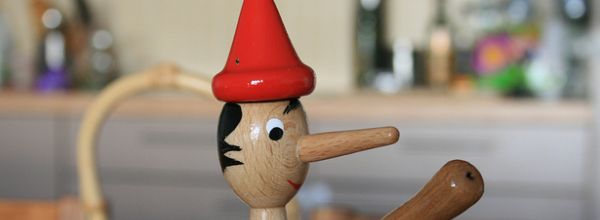My PhD was a soul-less affair. It was also rock-less, jazz-less and pop-less. And all because my supervisor was of the opinion that music in the lab was a distraction that reduced concentration and our ability to do the job. “Rubbish!”, I thought, “Nothing helps you through a mindless task like splitting cells, pipetting or labelling like a bit of music”.
A 2005 study in the “Psychology of Music” Journal backs up my opinion, reporting that music increased the performance of software developers in both creative and routine tasks. But over the years I have found that while music in the lab does help alleviate the boredom in some situations, and even inspire you in others, it can also cause serious headaches.
Hell is other people’s music
Passive soundwaves can seriously damage mental health. What if your lab mates’ idea of wonderful music is the Titanic theme, Enya or Alanis Morissette (you know, the one who has no idea what ironic means)?
While they are working and warbling away to their favorite tunes, you could be trapped day in day out in a Music Hell that certainly won’t improve your productivity or your mood. And sometimes you just need silence in which to do your work – should you be forced to auditorily inhale if others want to partake? Probably not.
So it’s vital that your lab agrees on an audio policy that includes whether to allow music in the lab. when it is allowed and what type, or how to agree on it. At the top of the policy should be a cast-iron rule that if any one person in the lab doesn’t want the music to be on, then the sounds should be firmly switched off.
What to play
When the music is on, there is the small but thorny matter of what to play. The common but, to me, extremely depressing, solution is to go for a generic radio station. This is favored because these types of radio station cater for the lowest common denominator; they play music that not too many really people hate. But the huge downside this is the sort of music that no-one really likes either. It’s difficult to be inspired by bland pop, over-played oldies and a playlist that numbers in 10’s rather than 100’s. In my opinion, you’d be better off with no music at all.
But it doesn’t have to be that way. Ideas like theme days, where everyone brings in a CD from their collection to match a given theme, or nominated DJs, where each person gets to plug their iPod into the speakers and take control of the music for a certain time, can be a lot of fun and create a sense of community in the lab. Or using services like LastFM or Spotify you can create customised, and even trained, playlists to suit the collective tastes of your lab. It doesn’t matter how you choose your lab music. It just has to be democratic and fair.
What about headphones?
Another possible solution is to use headphones to personalise and control your in-lab musical experience. This gets rid of many of the irritations with playing music in the lab, but creates its own problems because it isolates lab members from one and other, and the tinny sound of “Ironic” being played at full volume in a pair of headphones can be almost as annoying as the speaker-borne experience. So your lab’s audio policy should also deal with headphones.
So while music has its benefits in the lab, making sure that it doesn’t annoy, alienate or isolate other members of your lab takes a bit of consideration. Perhaps my PhD supervisor was right after all.
What do you think?






